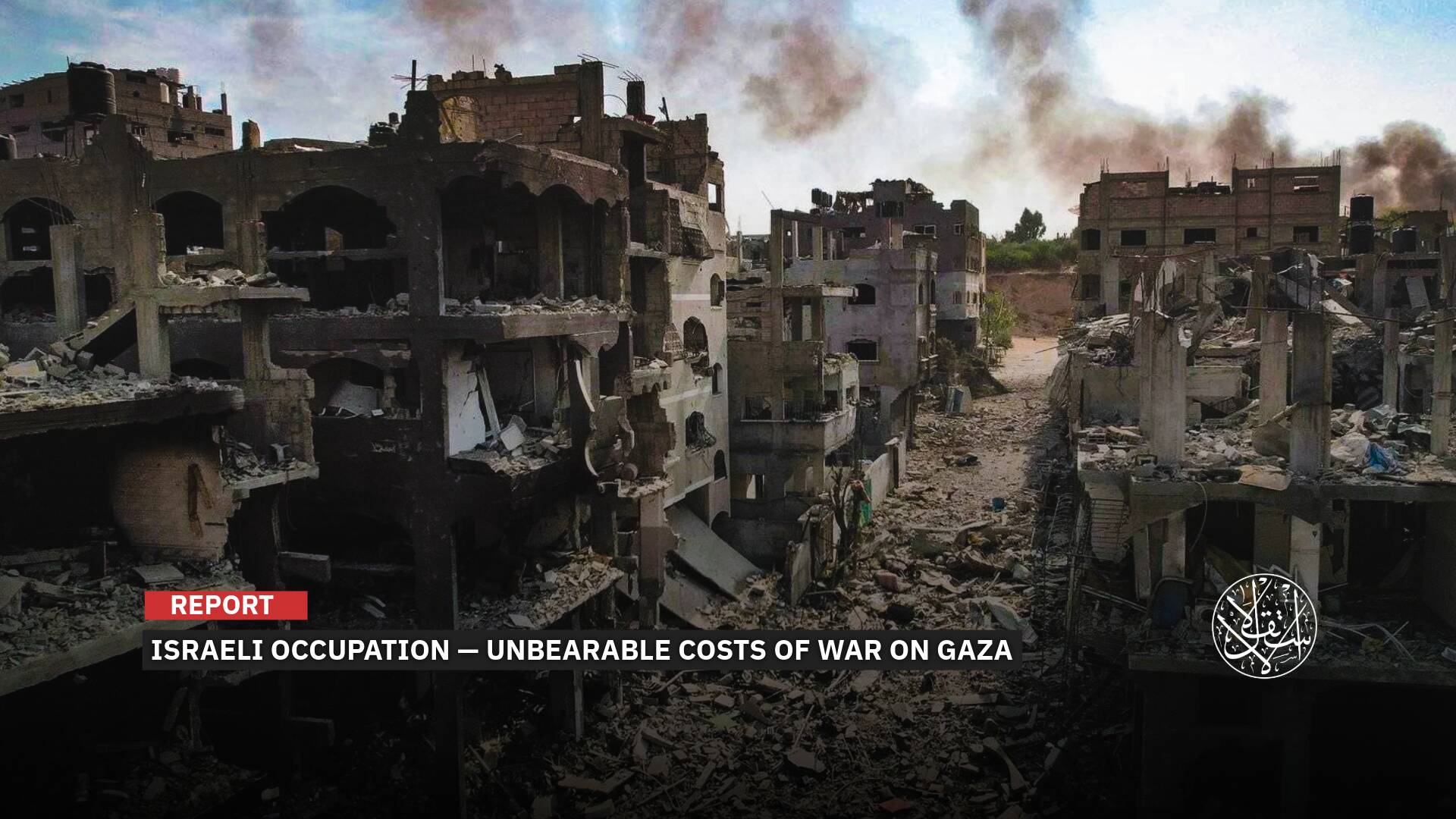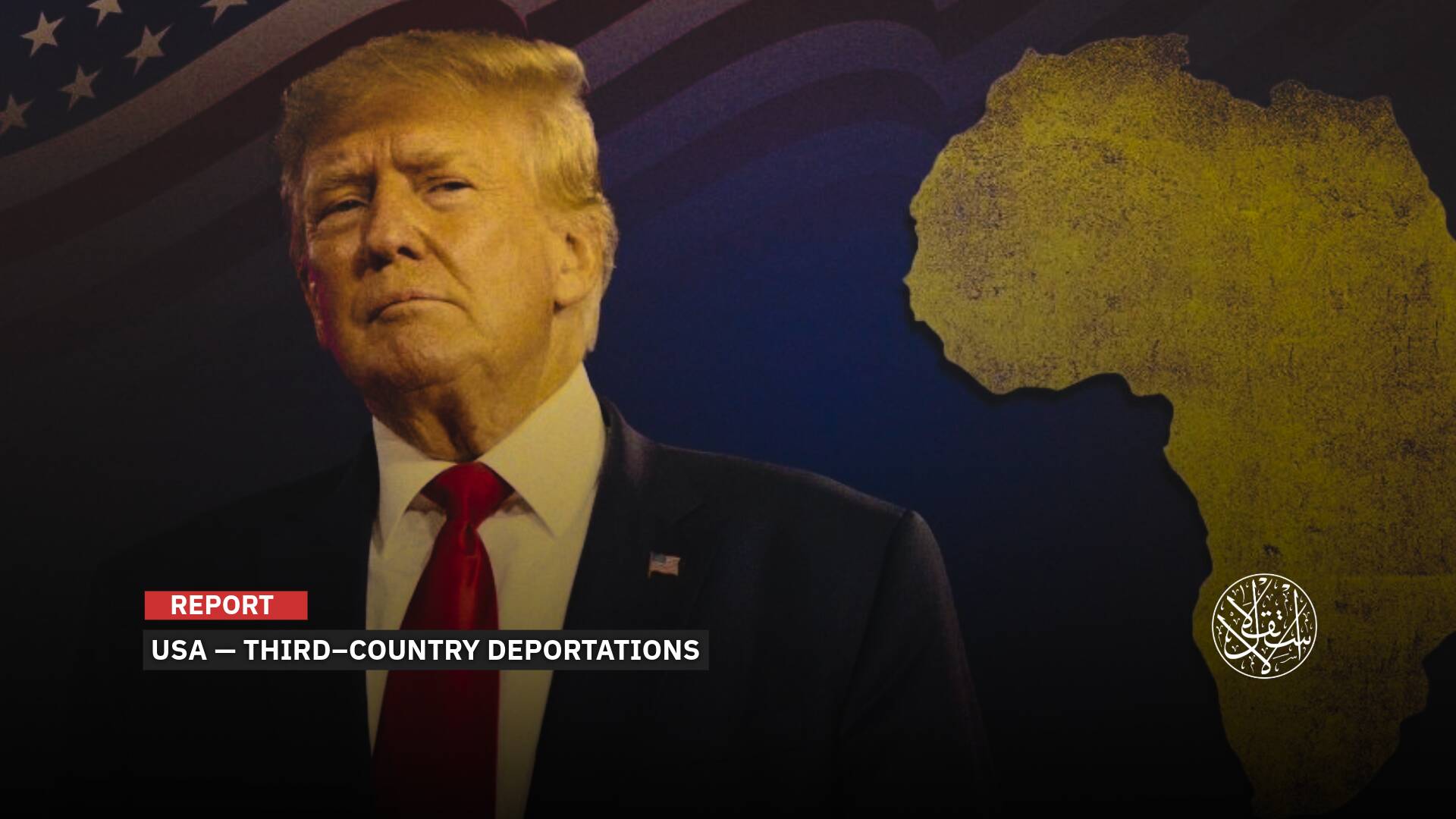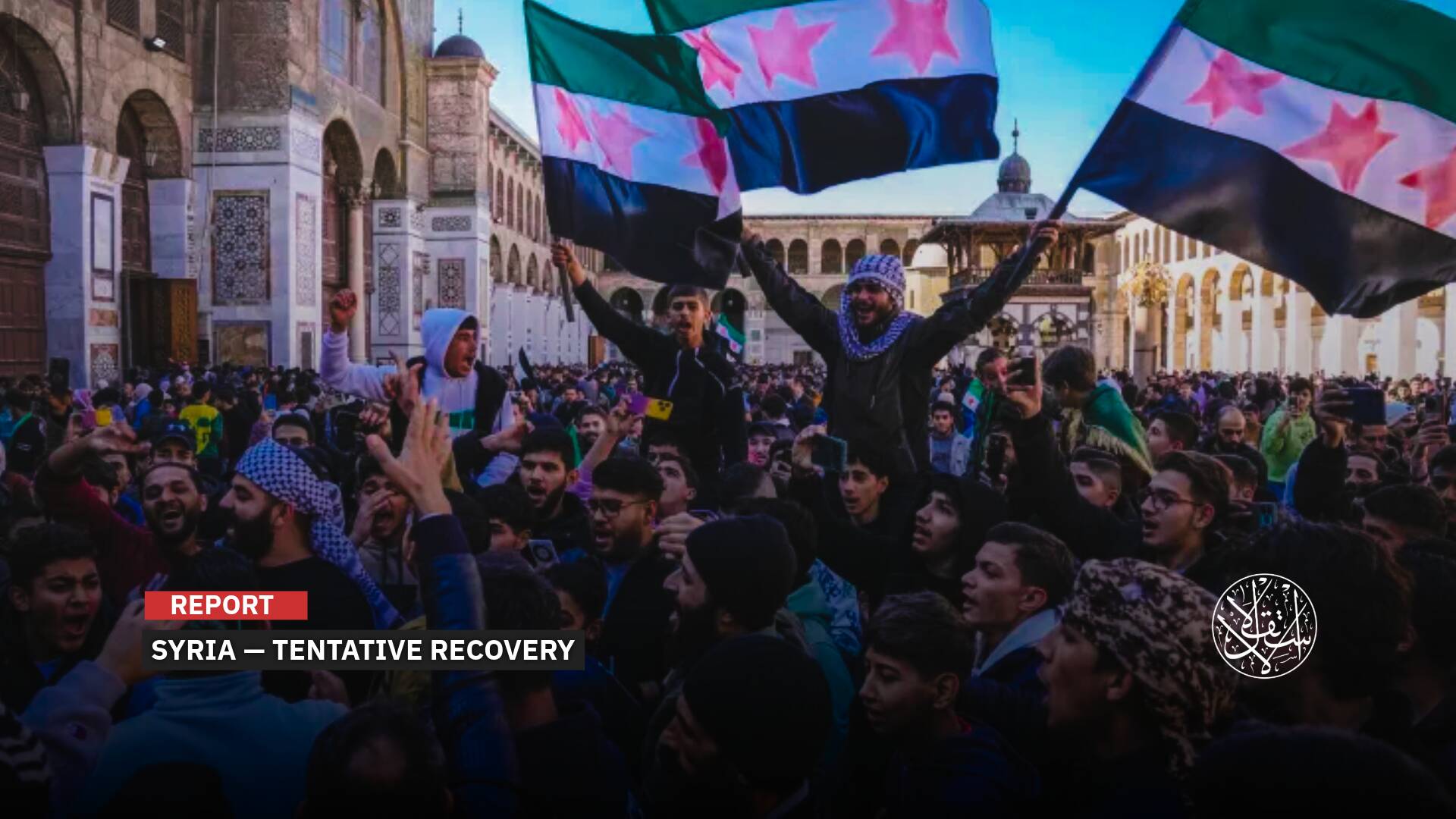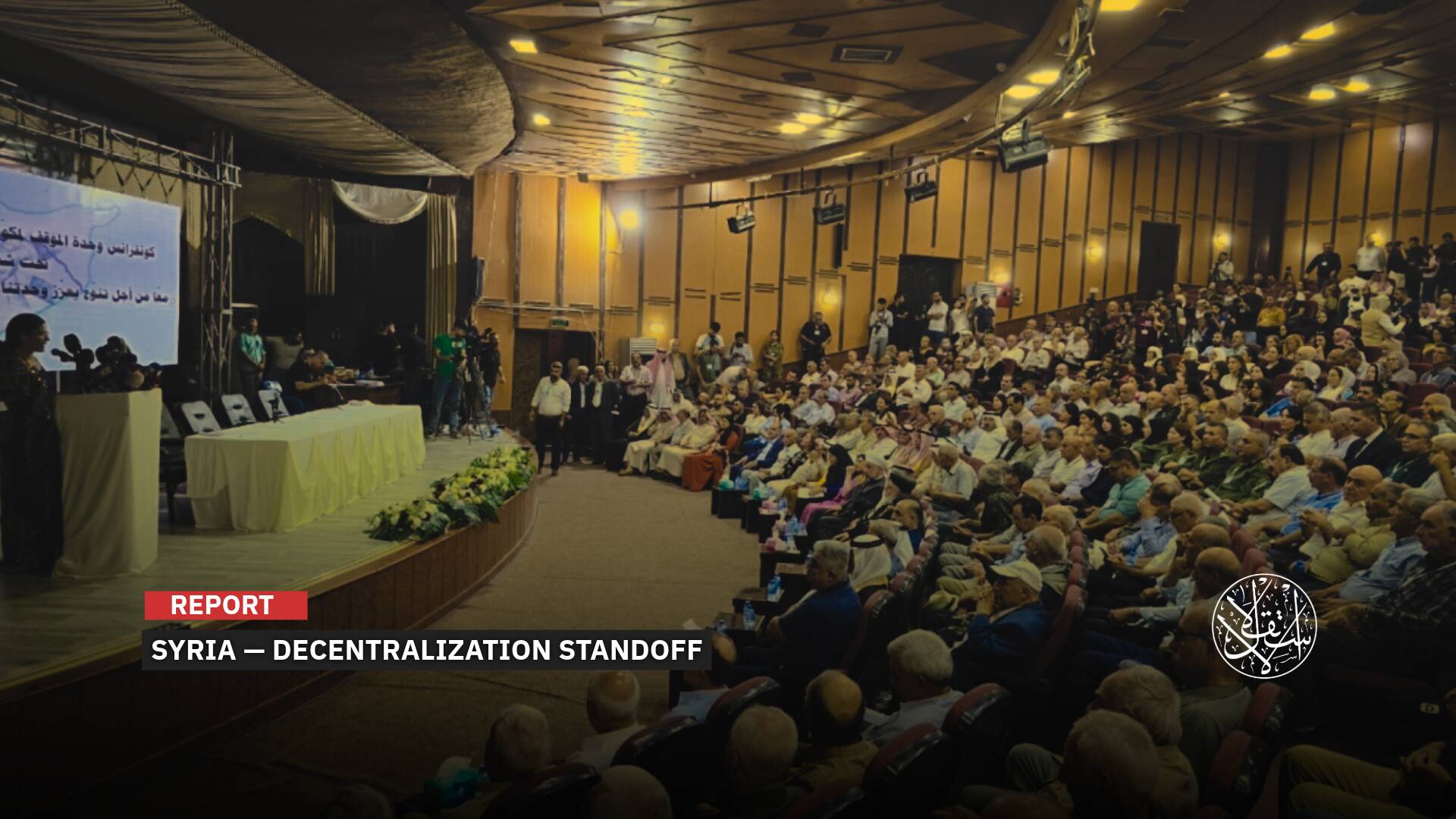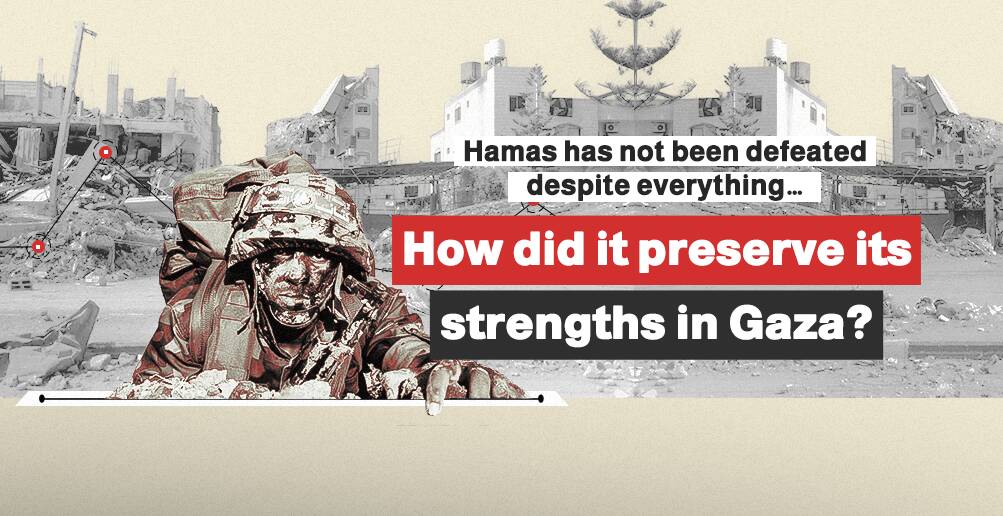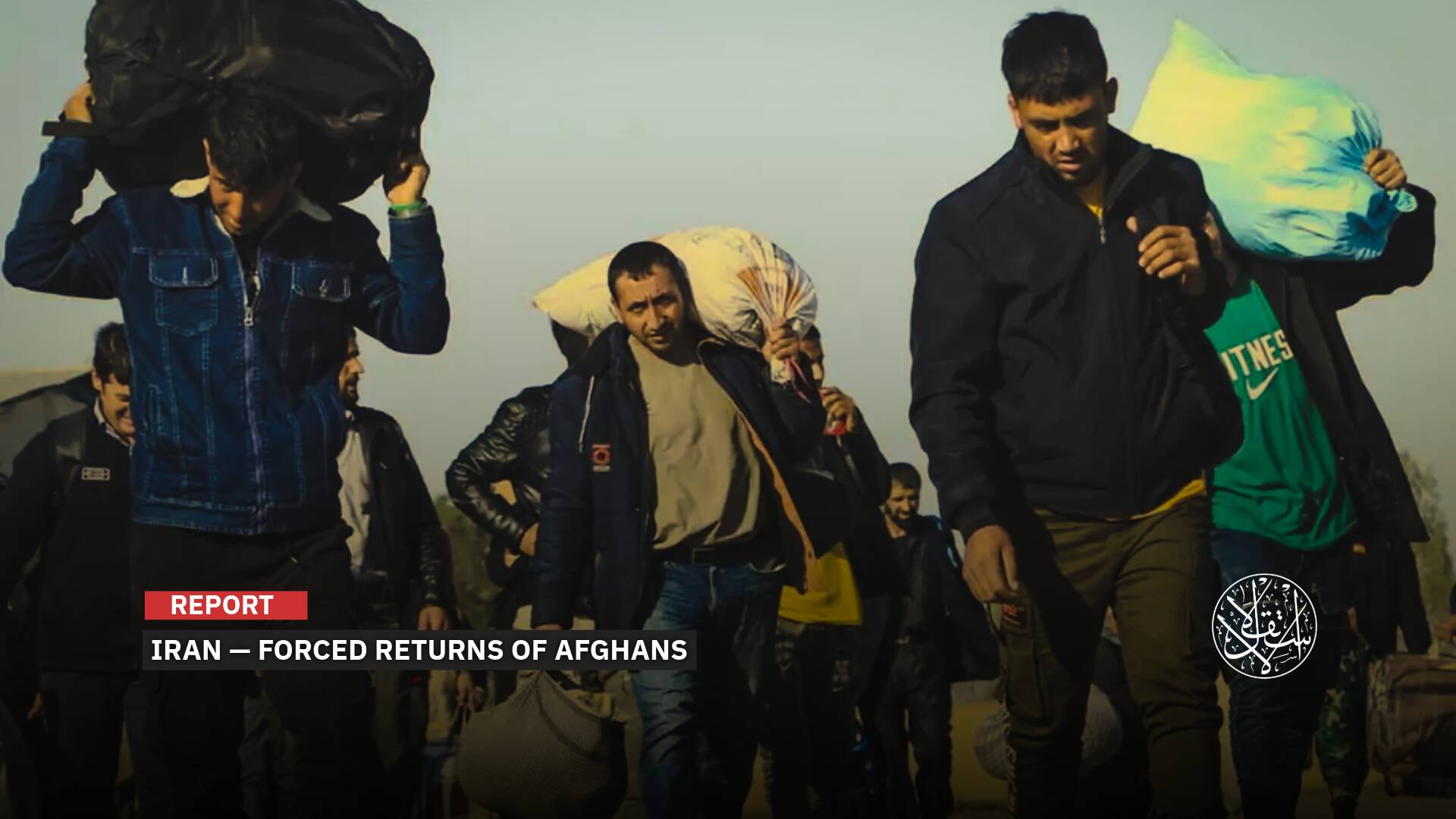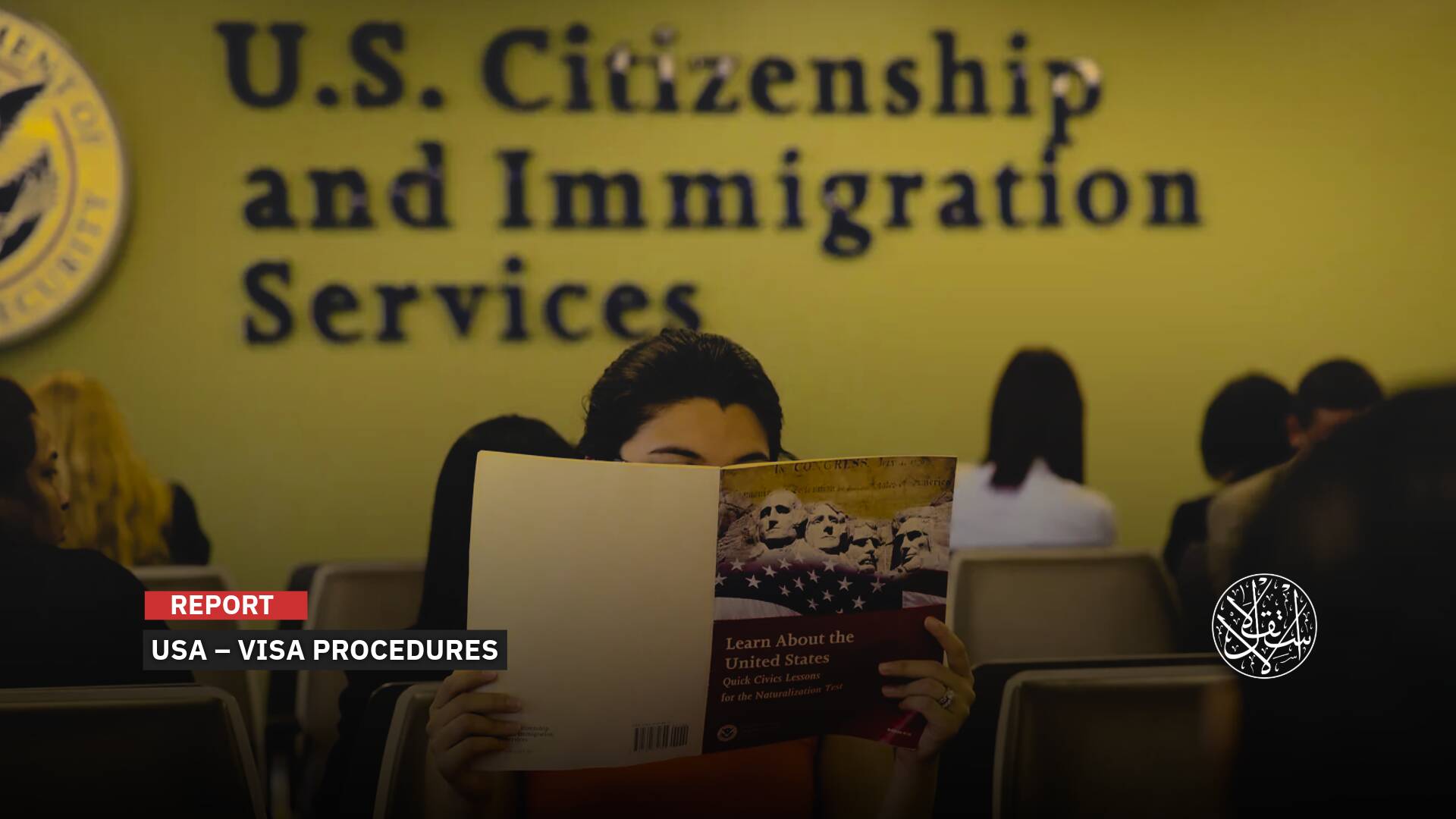Kosher and Halal Slaughter Ban in Europe Restricting Religious Freedom

Few days ago, the Greek court prohibited the Kosher and Halal Slaughters, by annulling the ministerial decision, which was allowing ritual slaughter without anesthesia to be administered.
In fact, after the European Union’s Court decision last December allowing EU nations to ban kosher and Halal slaughters, the European countries successively joined the race to fortify the ramparts against those practices stemming from the Islamic and Jewish religions.
Muslim organizations across Europe pointed out that under the pretext of promoting animal welfare, many European countries attempt to infringe the rights of religious groups, targeting the Muslims in particular.
In an interview with Al-Estiklal Sheikh Mohammed, a member of The Hague mosque administrative team in Netherlands said: “The paradox and the double standards policy of dealing with animal welfare is shocking. While the killing of animals for sport or “cultural events” is not subjected to the stunning requirement, Muslim and Jews slaughters are prohibited.”
The Ban Circumstances
After the ruling of the European Union Court of Justice giving the European countries the right to impose laws concerning the obligation of anesthesia on an animal before slaughtering since it does not contradict with the freedom of Jewish and Islamic religious beliefs and rituals, the ban has been spreading quickly and widely.
The first to start after last December was Belgium, then Poland and Cyprus and it is now Greece's turn. It is necessary to mention that before the court decision, other countries had already prohibited the practices. Such as Sweden, Norway, Iceland, Slovenia, Denmark, Netherlands and Switzerland ban halal slaughter, while Germany, Estonia, Finland, and Spain allow halal slaughter according to religious laws.
The court's opinion came in response to a question about a decision taken by the Flemish region in Belgium in this regard in 2017 in the name of animal welfare. The Luxembourg-based court said the text "does not deny" the freedom of Jewish and Muslim believers.
Double Standards
According to the legal academic and the writer, Aziza Kanji based in Toronto: “Europe’s enduring kosher and halal obsession is an exercise not simply in double standards, but in dissociation: externalizing onto Jewish and Muslim “others” the seething substratum of violence that sustains itself. As with other popular image-laundering tactics – pink-washing, green-washing – fur-washing portrays the victims of colonial modernity (in this case, non-human animals) as the beneficiaries of its “humanitarian” largesse.”
She added: “The fixation on stunning as the guarantor of a good death obscures the brutality endemic at all stages of a farmed animal’s life, including in the very act of stunning itself.”
The writer elucidated that: “Three times as many European countries have enacted bans on halal and kosher slaughter as have prohibited or pledged to prohibit maceration: the widespread practice of grinding up s live un-stunned male chicks, who are treated as extraneous “waste” in the production of eggs.”
It is worth noting that the American newspaper Washington Post, published a report previously about halal slaughter and the controversy surrounding it, in which it clarified that the teachings of Islam dictate that the knife used in the slaughtering operations must be of the utmost sharpness, to ensure that the slaughter is carried out properly. Fast and accurate, helping to reduce the animal's feelings of pain.
Freedom of Religion Targeted
The statement issued by mosques in Paris, Lyon and Evry stressed that, the new conditions of slaughter prevent the fulfillment of the ideological and basic principles of halal slaughter among Muslims, and considered that these instructions are "a bad message for the Muslim community”
Muslim and Jewish organizations in Belgium have said that the ban would infringe on religious freedoms guaranteed by the European Charter of Fundamental Rights.
The groups added that the ban would make the slaughter of animals according to Islamic and Jewish law impossible.
Moroccan Muslim scholars in France also condemned the Law, emphasizing that the Western European countries are in conflict with the word “halal.”
The government of one of the provinces in Austria made a proposal recently, according to which everyone who buys halal meat from Muslims and Jews should register their names with the authorities.
As for Poland, it imposed a ban on halal slaughter according to both Islamic and Jewish law, which lasted until it was overturned by one of the country's constitutional courts.
In Germany, too, the political program of the far-right Alternative for Germany party includes a similar provision.
It is not only Muslims who are targeted, but also Jews, member of the Executive Board of Muslims in Belgium, Joseph Roots, considers that "Jews and Muslims are among the most critical minorities in the country," and said of the decision to ban halal and kosher slaughter: "This decision offends these minorities (Muslims and Jews in Belgium)."
While Muslims saw the ban’s law as a result of Islamophobia rather than a concern for animal rights, Jews find in it a reference to a dark period in European history. The law banning halal slaughter appeared in Europe in 1933 when the Nazis banned kosher slaughter.
The Ban Repercussions
Sheikh Mohammed pointed out that “The repercussions of the ban are both moral and economic.” He explained that: “too many Muslims own Slaughterhouses. Thus, Halal food is a huge income-generating activity for many families, starting with workers in the slaughterhouse, and ending with the groceries selling the Halal food in Europe. It is a big business that creates many Job opportunities.”
For his part, says the owner of the grocery "Sowas Markets" in Brussels, "I have stopped selling meat because I do not want to sell non-halal meat."
Muslims and Jews, considering that they are the most affected by the Ban law, united their efforts to seek to thwart this law, or to find an alternative that respects religious privacy, in this regard.
European Jewish Association (EJA) chairman Rabbi Menachem Margolin expressed outrage at the decision, saying that "Jewish freedom of religion is under direct attack across Europe from the very institutions that have vowed to protect our communities."
He added: "How can Jews live in Europe if they continue to legislate against us?"
Sources
- Why halal meat generates so much controversy in Europe
- European Court of Justice authorizes ban on animal slaughter in accordance with Islamic law [Arabic]
- Kosher and Halal bans: Fur-washing factory farming’s brutality
- Greek court annuls permit for kosher, halal slaughter
- Halal meat consumption [Arabic]
- Belgium: Muslims turn to the judiciary after banning halal slaughter [Arabic]







